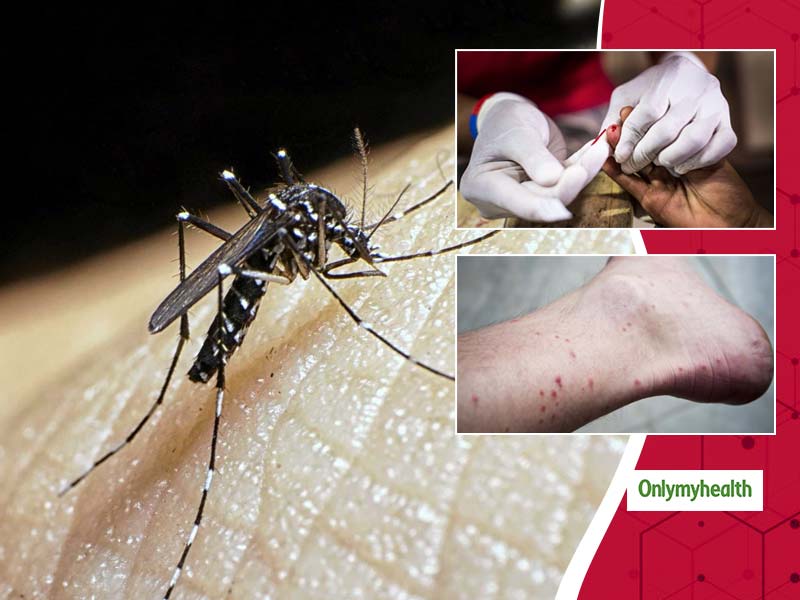
Dengue and malaria are probably the most common mosquito-borne illnesses that arrive with the onset of the monsoon season. This is the breeding season of infectious mosquitoes and therefore, the cases of these diseases prevail during the rainy season. There has been a steep rise in the cases of malaria lately since there is no vaccine for it yet. On the other hand, dengue is identified as the deadliest mosquito-borne viral disease and is been increasing rapidly.
Table of Content:-
Are dengue fever and malaria fever the same?
Many people believe these two to be the same however they are quite different from each other as they are caused by two different mosquitoes. While dengue is caused by Aedes mosquito, malaria is caused by female Anopheles mosquito. Both the mosquitoes breed in stagnant water and bite the person infecting him/her. These usually attack in the morning and evening.
What is the difference between dengue fever and malaria fever? There are some fundamental differences between malaria and dengue that would help you understand these illnesses better.
Also read: Types of Malaria
Symptoms of Malaria Fever
Here are the symptoms of malaria that you should watch out for:
- Headache
- Chills and fever
- Muscle pain
- Fatigue
- Nausea
- Vomiting

While these are common, here are other warning signs:
- Pain in the upper left abdomen where the spleen is located. In malaria, the red blood cell count gets severely affected. Spleen which is responsible to maintain RBCs in the body is unable to meet the need which may result in organ failure.
- Suppressed appetite and feeling full without eating
- Extreme fatigue and catching infections frequently
- Sudden rise in body temperature followed by sweating and chills
Also read: Causes of Malaria
Symptoms of Dengue
The initial symptoms of dengue fever are same as malaria but the additional symptoms that separate them are:
- Rashes
- Swollen glands

Pain behind the eyes
Unlike malaria, dengue causes the deadening of white blood cells with a steep decline in platelet count. The dengue virus attacks the bone marrow which produces platelets and develops antibodies that attack platelets. From 1.5 to 4 lakh, the platelet count comes down to only 20 to 40 thousand. This is why dengue is more dangerous than malaria and requires immediate medical aid.
Different treatments
First aid is common in both the conditions as doctors prescribe medicines to control body temperature and boost immunity to produce antibodies to target the virus and/or parasite.
Treatment of malaria fever
In most cases, the patient with either of these conditions recovers with prescribed drugs. The doctor closely monitors the condition and accordingly prescribe the dosage. It may take weeks to fully recover if the person takes ample rest. However, there are certain risk factors that need to be avoided if you are diagnosed with dengue or malaria. These are living in tropical areas, unhygienic neighbourhood, poor rest and past infection may create barriers in the recovery process. Everyone needs to be safe during the monsoon season as it is the peak time of these infections.
Read more articles on Other Diseases
How we keep this article up to date:
We work with experts and keep a close eye on the latest in health and wellness. Whenever there is a new research or helpful information, we update our articles with accurate and useful advice.
Current Version
